Both Vladimir Putin and the mercenary Wagner Group have been dramatically weakened by yesterday’s attempted coup. Wagner’s nominal leader, Yevgeny Prigozhin, goes into exile while his group will no doubt lose its privileged status. Putin, meanwhile, has been publicly and massively humiliated, a dangerous position for an autocrat. Firstly, Putin’s famed security forces proved completely helpless during a mutiny. Secondly, the mutineers – whom he called ‘traitors’ and promised to severely punish – will go unpunished. Putin had to make major concessions to bring an end to the coup, although what those concessions include is not yet clear. What is clear is that he was unable to crush the most serious threat to his authority in 23 years.
The attempted coup is an obvious sign that the invasion of Ukraine is going badly for Russia. An estimated 200,000 Russian soldiers have been killed while the frontlines haven’t moved on much from where they were in March last year. Things are going backwards, too: the Russian army has lost about a quarter of the land taken in the first few days of the invasion. Most of the Russian heavy weaponry has been destroyed; the elite forces have been decimated; the troops’ morale is low. Many officers, including some generals, worry that they simply have too few soldiers with too little weaponry. Prigozhin’s mutiny aimed to change this.
What will have shocked Putin was how quickly central parts of his state folded, no doubt in part because of the fragile nature of autocracy
The Wagner leader demanded the resignations of Sergey Shoigu, the minister of defence, and Valery Gerasimov, the chief of the general staff of the Russian army, the two men who planned and executed the invasion. However, having two loyalists fired, whatever their obvious failings, was not the real aim. In effect, Wagner demanded an entire overhaul of how the war against Ukraine is run: Prigozhin wants clearly stated objectives for the invasion, a large-scale mobilisation drafting perhaps one or two million men under arms, as well as the nationalisation and scaling up of military production and an end to corruption in military procurement – and in the army field headquarters.
What will have shocked Putin was how quickly central parts of his state folded, no doubt in part because of the fragile nature of autocracy. Rostov-on-Don, the tenth-largest city in Russia, fell with barely a shot fired while Prigozhin also easily took the headquarters of the southern military district, from which the war against Ukraine is run. Police officers disappeared from Rostov’s streets as Prigozhin’s troops rolled into the city. Putin’s mighty security service, the FSB, with its large presence both in the population and in the army, clearly failed. The supposedly all-powerful organisation, which employs tens of thousands of operatives to monitor telephone communications, was caught completely unaware of an armed uprising.
Even if Putin did have foresight, he would still not have been able to satisfy all of Wagner’s demands. He might have agreed to replace Shoigu and Gerasimov and promise a new wave of mobilisation. Yet he cannot stop corruption. The ability to make millions of dollars serving in the government, FSB, or the army is the essence of the Putin’s rule.
The central point, though, is that disastrous mistakes happen in personalistic dictatorships as a rule, not an exception. The Argentinian general Leopoldo Galtieri miscalculated, attacking the Falklands in 1982, and brought down the whole junta. Saddam Hussein’s invasion of Kuwait in 1991 ended as badly for his army and ultimately spurred on American intervention a decade later. Putin, like most autocrats, has surrounded himself with incompetent cronies. This was fine in good times, with the state coffers (and his cronies’ pockets) filled with oil money thanks to the international trade and domestic development based on imported technology. But it leads to errors in the long run. The Kremlin genuinely believed Kyiv would fall within hours of the invasion, presumably because of an unwavering faith in Russian exceptionalism. This assumption is why the initial invading force failed the moment they met resistance.
Why would Putin surround himself with incompetents? The great benefit for a paranoid leader is that they always stay loyal – what future do they have with their patron gone? In moments of personal peril, loyalty trumps all. This is why the likes of Shoigu have, until now, remained by Putin’s side, even in the face of outrageous failure.
Putin cannot change the course of events, so ultimately he had to settle with Prigozhin – just hours after promising to punish the mutineers in yesterday’s video address. It is not as though Putin can rely on popular support. Rostov residents greeted Prigozhin’s bandits with open arms and booed the police as they slunk off. Even more ominously for Putin, after his address, other Russian politicians – even the most solid loyalists – did not rush to his support. The Prime Minister and his deputies, the mayor of Moscow, the minister of foreign affairs, cabinet ministers and governors – all stayed silent during those crucial hours. Who else does a dictator have left when even their cronies abandon them?<//>
Got something to add? Join the discussion and comment below.
Get 10 issues for just $10
Subscribe to The Spectator Australia today for the next 10 magazine issues, plus full online access, for just $10.

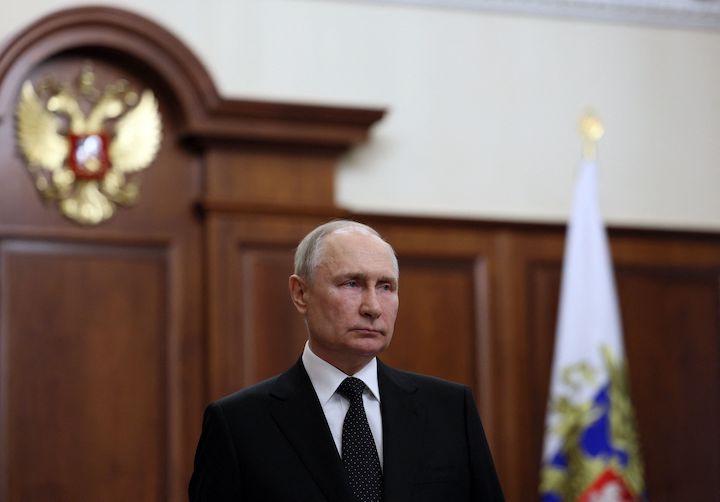

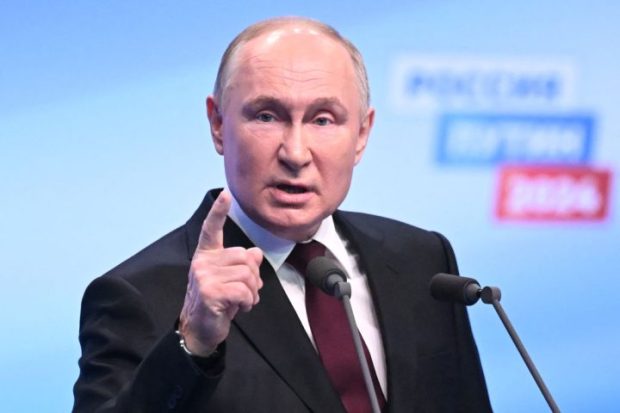
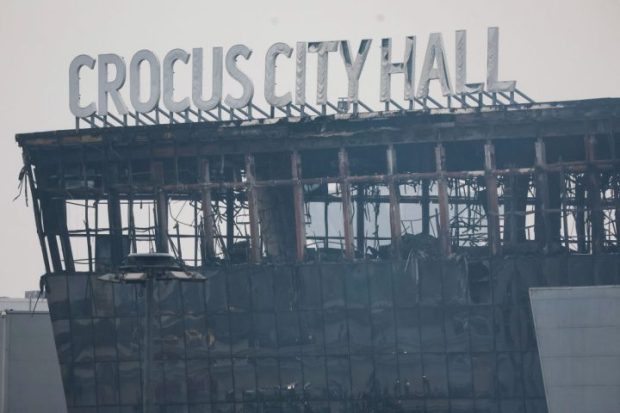
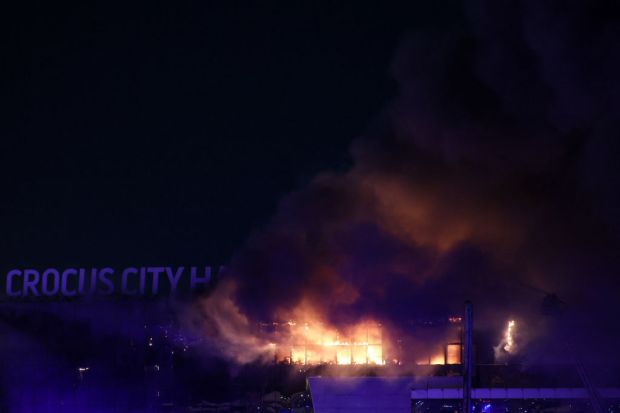
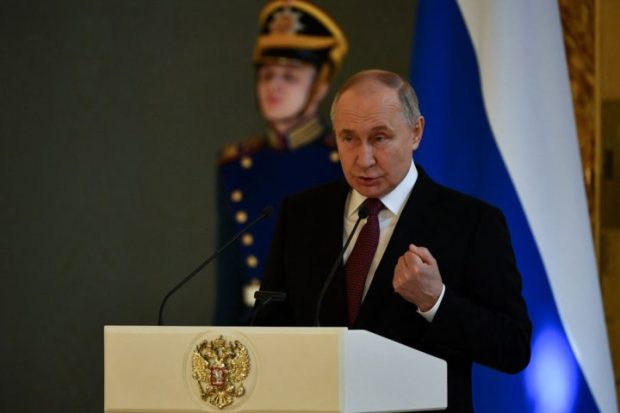
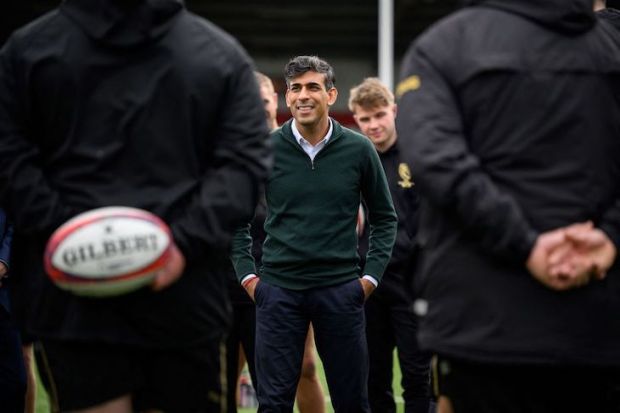












Comments
Don't miss out
Join the conversation with other Spectator Australia readers. Subscribe to leave a comment.
SUBSCRIBEAlready a subscriber? Log in